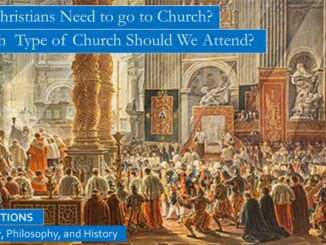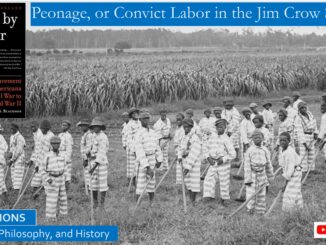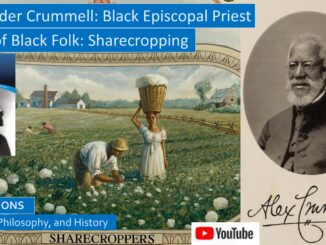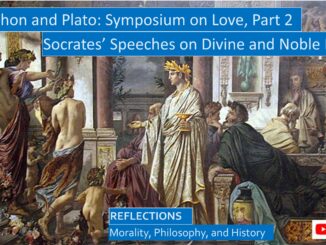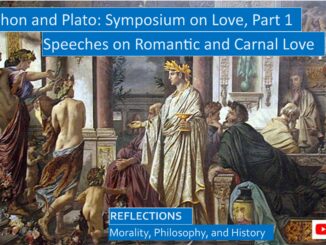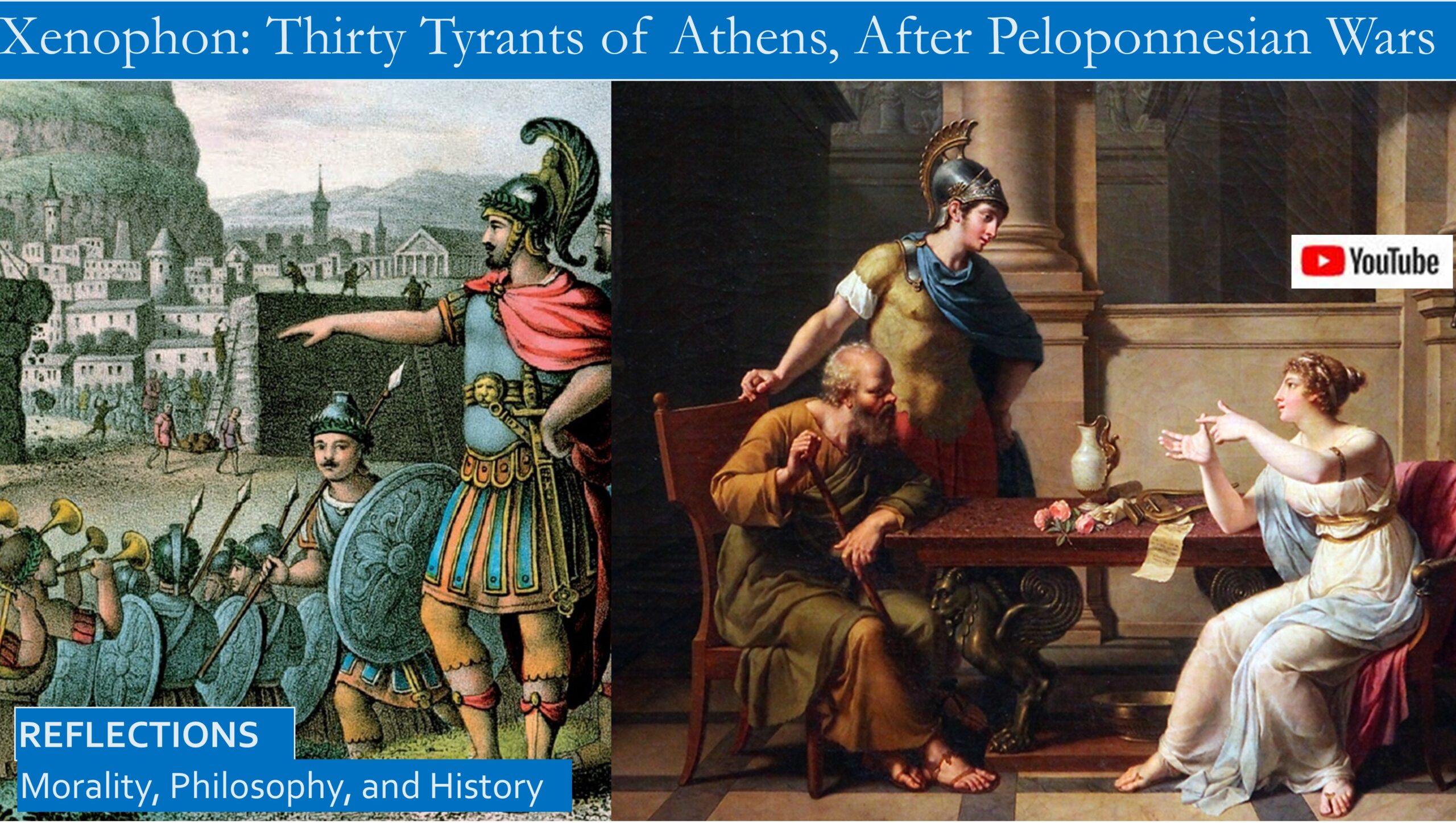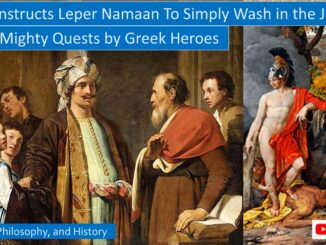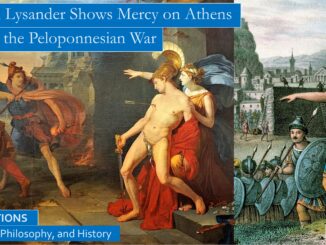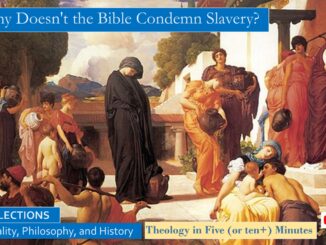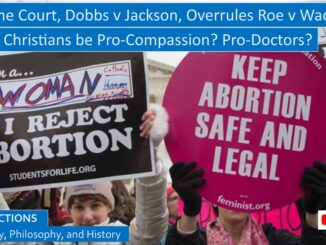
Supreme Court Dobbs Case Overruling Roe v Wade: Should Christians be Pro-Compassion? Pro-Doctors?
There are some really heart-breaking situations involving abortion. Should abortion be allowed if the mother’s and/or the baby’s life is in danger? Should abortion be allowed in case of rape or incest? Should abortion be permitted if it is likely the mother would otherwise commit suicide? Should abortion be permitted to reduce the number of deaths caused by botched abortions by coat hangers or Lysol? […]

